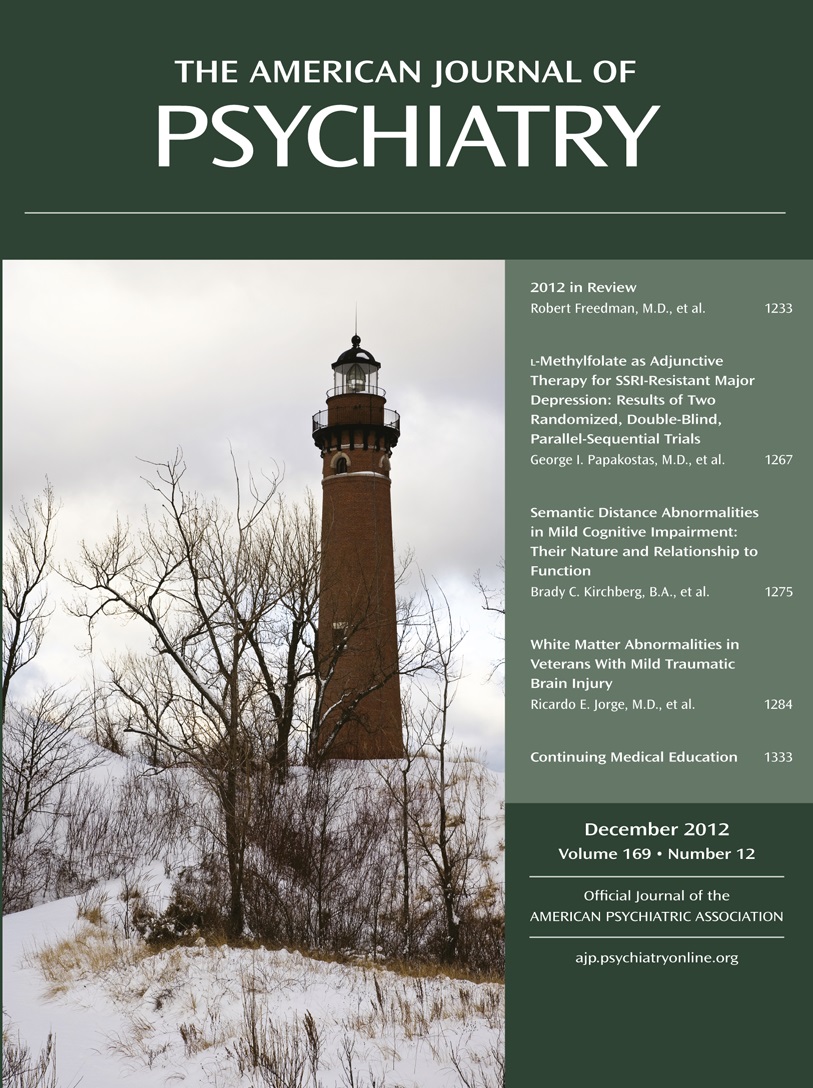Up-Regulation of NOTCH4 Gene Expression in Bipolar Disorder
Abstract
Objective
Immunopathogenic mechanisms have been implicated in schizophrenia and bipolar disorder, and genome-wide association studies (GWAS) point to the major histocompatibility complex, a region that contains many immune-related genes. One of the strongest candidate risk genes for schizophrenia and bipolar disorder is the NOTCH4 gene within the major histocompatibility complex. The authors investigated the NOTCH4 gene expression in individuals with bipolar disorder and schizophrenia relative to healthy comparison subjects and identified putative expression quantitative trait loci in and around the NOTCH4 gene.
Method
The authors measured and compared NOTCH4 mRNA in whole blood in 690 individuals (479 patients and 211 healthy comparison subjects) and adjusted for a range of confounders. The authors also genotyped 20 single-nucleotide polymorphisms (SNPs) and investigated possible associations between expression quantitative trait loci and NOTCH4 expression.
Results
The authors found a strong association between NOTCH4 expression and bipolar disorder after adjusting for a range of confounders and multiple testing. In addition, seven SNPs within the NOTCH4 gene region were associated with enhanced NOTCH4 mRNA levels. Three of these expression quantitative trait loci were independent (not in linkage disequilibrium).
Conclusions
The results indicate that the association between NOTCH4 DNA markers and bipolar disorder is related to altered function at the mRNA level, supporting the notion that NOTCH4 pathways are involved in the pathophysiology of bipolar disorder.



